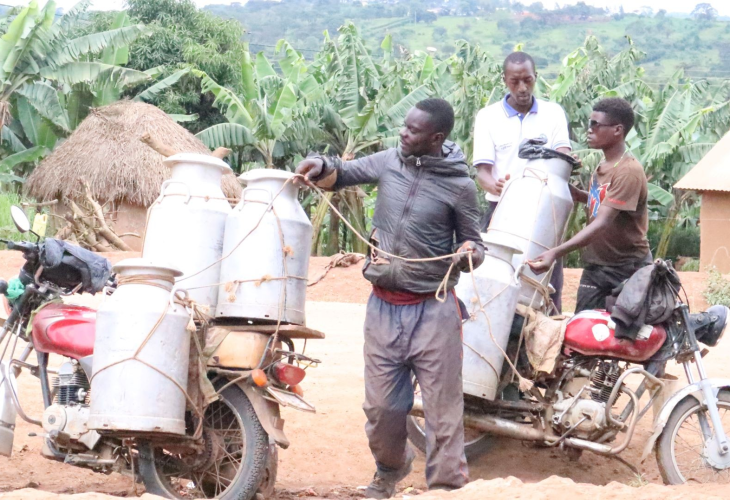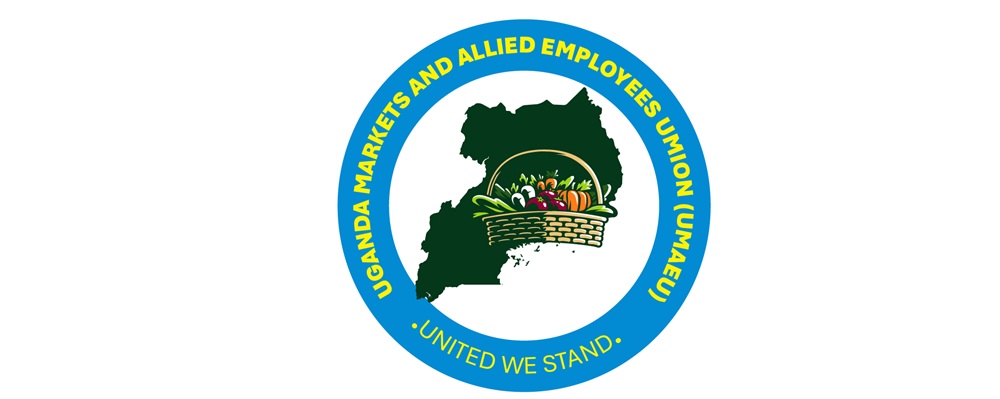Technology is Revolutionizing Unions
June 2, 2021

Kampala, Uganda – For decades, trade unions were seen as the domain of factory workers and civil servants—predominantly male, formally employed, and urban-based. But across Africa, a quiet revolution is unfolding as labor organizations actively work to dismantle these exclusionary structures. From Uganda’s market vendors to Ghana’s kayayei (female porters), unions are rewriting the playbook on worker representation.
Africa’s workforce is changing:
Informal sector dominates: 85% of workers lack formal employment contracts
Women bear the brunt: They comprise 70% of informal workers but face systemic barriers
Youth unemployment crisis: 60% of Africa’s unemployed are under 25
Persons with disabilities excluded: Only 10% have union representation
“When we talk about workers’ rights, we must mean all workers,” says Nakato Mary, a market vendor leader with UMAEU.
The Challenge:
Only 15-30% of union leadership positions in Africa are held by women
Sexual harassment remains prevalent in many workplaces
Progress:
UMAEU’s 70% female membership actively shapes policies
South Africa’s Domestic Workers Union created women-only safe spaces
Kenya’s Flower Workers Union implemented anti-harassment hotlines
Breaking Traditions:
Uganda’s UMAEU represents street vendors and market traders
Ghana’s Union of Informal Workers Associations (UNIWA) organizes head porters
Nigeria’s StreetNet Alliance gives voice to roadside traders
Innovative Models:
Mobile registration drives in markets
Flexible meeting times for workers who can’t leave stalls
Visual (non-literacy dependent) training materials
Bridging the Gap:
Digital-first outreach: TikTok labor rights explainers, WhatsApp organizing
Apprenticeship programs: Pairing young workers with union mentors
Gig worker inclusion: Organizing Uber drivers, freelance creatives
Success Story:
Rwanda’s Young Workers Committee increased youth membership by 40% through gaming-style learning apps about labor rights.
Removing Barriers:
Sign language interpreters at union meetings
Braille versions of collective bargaining agreements
Mobility-friendly union offices
Pioneers:
Tanzania’s Federation of Disabled People’s Organizations partners with unions
Nigeria’s National Union of Textile Workers created disability-friendly factories
1. Leadership Quotas:
Reserve seats for women, youth, and PWDs in decision-making
2. Cultural Shifts:
Address unconscious bias in union cultures
Celebrate diverse worker stories
3. Strategic Partnerships:
Collaborate with women’s groups, disability orgs, and youth networks
4. Measurement Matters:
Track diversity metrics in membership and leadership
As UMAEU’s Gender Officer notes:
“Inclusion isn’t about charity—it’s about power. When the woman selling tomatoes has the same voice as the factory supervisor, that’s when real change happens.”
